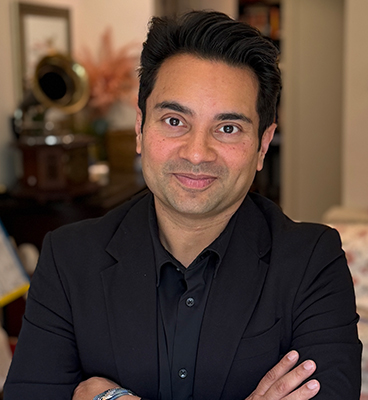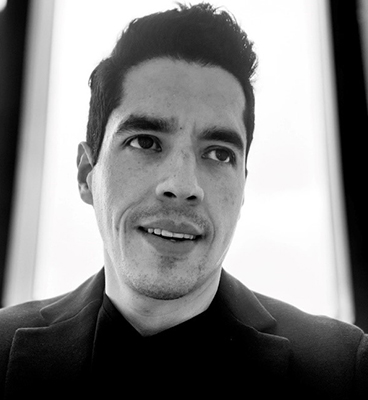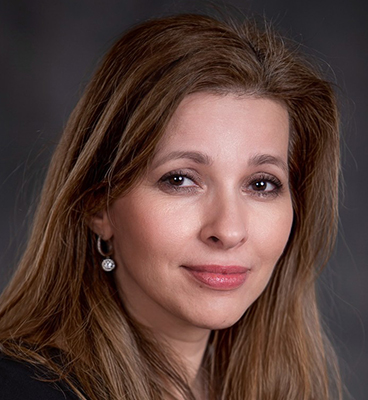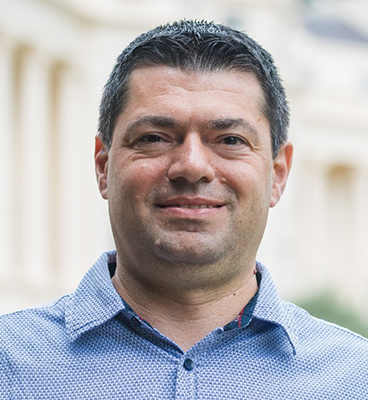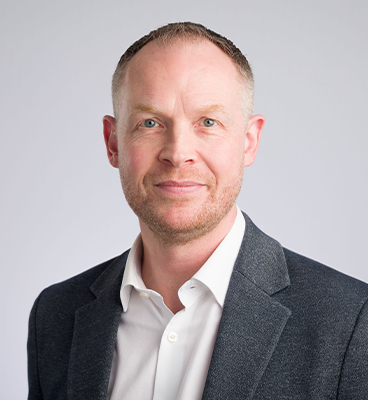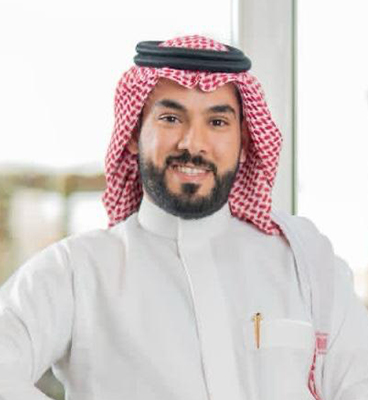
The Roadmap to Logistics Success: Collaboration, Technology, and Strategy
How can a well-defined vision and strategy drive successful logistics transformation?
- On: September 25, 2024
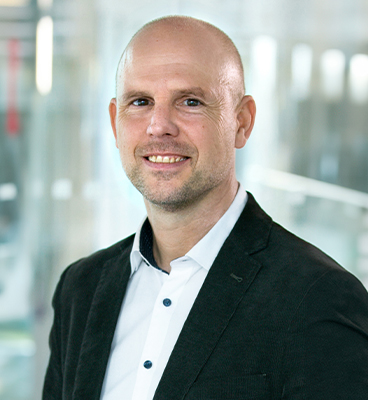
Peter Seitel
What factors do you consider when determining the minimum viable product in a logistics transformation?
Regarding such a transformation process, the customer needs and the business objectives are important key factors. We have to understand the market and identify essential features in order to deliver value for our customers. For sure, the MVP must be designed to accommodate growth and additional features.
How do you manage the risks associated with the transportation of hazardous materials?
First, we have to ensure regulatory compliance and then evaluate an appropriate risk assessment. Routing and selecting of the right partners are also very important and we have to be prepared for emergency situations. Regarding routing, tracking and tracing are unavoidable, and the collaboration with authorities is recommended in all parts of the world.
What are the key success factors in your approach to deployment and transformation in logistics?
We have to establish a well-defined, clear vision and strategy to gain all relevant stakeholders, which is much more important for a service like logistics than it is for R&D or innovation hubs. Technology and systems must be integrated and up to date in order to foster process optimisation. With clear KPIs, we can build up steering measures in close collaboration with suppliers and customers, which could bring us success in logistics.
Peter will be chairing our 7th Annual Supply Chain & Logistics Summit, 27 – 28 November 2024, Amsterdam!
Join us and do not miss his engaging case study: “The Complexity of Logistic Processes in the Chemical and Pharmaceutical Industry”.
Short Speaker BIO:
Peter Seitel has been with MERCK since 1992 and started in the business unit Electronic Chemicals with several functions in product and key account management.
After several stations in more or less the whole process chain (SCM, Warehousing, etc.), he is actually leading the service unit of the organic production in Darmstadt. In this function, he is responsible for different aspects, starting with production supply, tank farms, up to the Distribution of finished materials for Electronics and interface partner of site management.
His passion has been supply chain for more than 25 years — starting in front of the customer, understanding the requirements of the business.
He fosters teamwork throughout the process chain and cultivates strong partnerships with external stakeholders to deliver innovative solutions.
Out of Merck, he is a passionate semi-professional football player and coach. Peter has been married for 30 years, has one son, one daughter and one grandson. Sports (also Tennis) are still a main part of his life.

